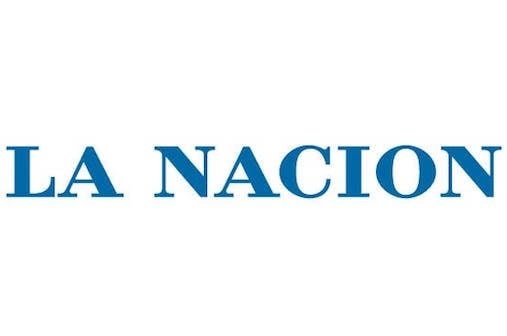World Cup 2010, expected to be the most-watched TV event in history, got under way Friday (June 11) in South Africa, with reporters cursing the spotty Internet access at the International Broadcast Centre.
More than 100 Brazilian journalists, academics, students, and programmers participated in the First International Seminar on Online Journalism on May 29, 2010, in São Paulo. The gathering was organized by the Knight Center for Journalism in the Americas, Cásper Libero College, and the Brazilian chapter of the Online News Association (ONA-Brazil).
Reporters, editors, academics and developers who are highly involved in producing digital news will meet in São Paulo May 29, 2010, for the First International Seminar on Online Journalism. The event is organized by the Knight Center for Journalism in the Americas, Faculdade Cásper Líbero, and the Brazilian chapter of the Online News Association, a U.S. organization.
First he went on television and radio. Next, he started tweeting. Now, President Chávez has launched an official blog to communicate with Venezuelans, ABC and Europa Press report.
Bloggers in Jamaica have been covering for many months the series of events that led to this week’s violence and state of emergency in Jamaica over the government’s decision to extradite an alleged drug lord to the United States. Global Voices Online’s Janine Mendes-Franco compiles reports from bloggers and social media users, as does Robert Mackey for The New York Times.
Scholars, journalists and media executives from 12 countries shared experiences about online journalism that are particular to Latin America, Spain, and Portugal. The Third Ibero-American Colloquium on Digital Journalism took place in Austin on April 25, 2010.
Participants and speakers from more than 20 countries in the Americas, Europe and Africa took part in the 11th International Symposium on Online Journalism, co-sponsored by the Knight Center for Journalism in the Americas.
Spanish journalist Judith Torrea has spent 12 years working as an independent journalist. Last year she created the blog “Ciudad Juárez, en la sombra del narcotráfico” (Ciudad Juárez, in the shadow of narcotrafficking), where she reports on the crimes of drug mafias, stories that traditional media aren't always able to report. For this work, she has won the Ortega y Gasset Prize for Digital Journalism, El País reports. See this recent interview with Torrea in English by Salon.com.
Access to Internet has grown considerably in Latin America, increasing the access to social networks. According to a report by David Cuen for BBC Mundo (Spanish), Latin American Internet users don't surf in isolation. At least 95 percent of them have an account on a social network.
Judith Torrea, a Spanish-born reporter, has covered U.S.–Mexico border issues such as the drug trade, immigration, and border policy for nine years. She was attracted to Ciudad Juárez since her first visit 12 years ago, despite its naming by a Mexican watchdog group as the world’s most violent city.

Newspaper La Nación of Argentina and Cuban site El Toque were the only Latin American media outlets to be recognized at the 2019 Online Journalism Awards on Sept. 14
The Online News Association has opened entries for its annual contest, the Online Journalism Awards (OJA). Deadline to apply is June 4.